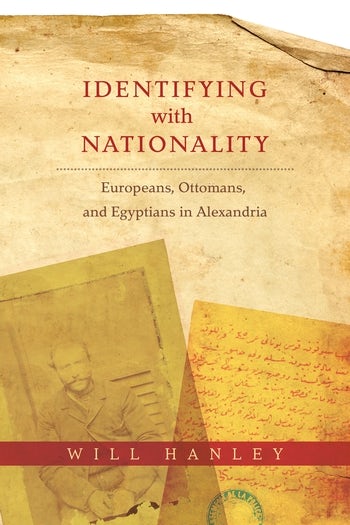The [European Research Council] project Local Law under Rome is offering a number of Postdoctoral fellowships at the Hebrew University of Jerusalem beginning October 2024, or as soon as possible thereafter. Scholars who have received their Ph.D. after October 1st 2019 or will submit their Ph.D. no later the beginning of the Postdoctoral period are eligible to apply.
The successful candidate will be a part of a unique interdisciplinary team which will be engaged in comparative study of local legal cultures within their Roman imperial context. Together we seek to enhance the understanding of provincial legalism in its multiple manifestations.
We are seeking experts in one (or more) of the following legal traditions, who are committed to a contextual and historical analysis of legal materials: (1) Early rabbinic law (2) Legal papyrology (3) Roman law in the provinces, or (4) Greek law. We also welcome applications by scholars of (5) Anthropology of Law who are interested in these materials.
The appointed fellow is expected to work closely with other team members. S/he will participate in the project’s ongoing activities and is expected to contribute to its collaborative outputs, produce project-related publications and provide materials for the comparative database.
The scholarship will be granted for a maximum of 3 years. (subject to review at the end of each year). The fellow will receive a monthly stipend of approximately 11,000 NIS. Additional funding for travel will be available following approval. The fellow will have an office at the Mount Scopus Campus in Jerusalem and is expected to be present there regularly. Knowledge of Hebrew is not required.
Please submit the following documents (in one PDF file) to the e-mail address below:
- Introduction
- Letter describing your academic experience and motivation for participating in the project (2-3 pages)
- Curriculum vitae
- Abstract of the PhD dissertation
- Writing Sample: dissertation chapter or a paper that has been published or accepted for publication (no more than 30 pages)
In addition, please arrange for two Reference Letters to be sent directly.
We encourage potential applicants to contact us for additional information on the project, the
application procedure, The Hebrew University and life in Jerusalem. Applications will be Reviewed beginning March 15, 2024.
Prof. Yair Furstenberg, Talmud Department, Mandel Institute for Jewish Studies, Hebrew University of Jerusalem, Israel. yair.furstenberg@mail.huji.ac.il

